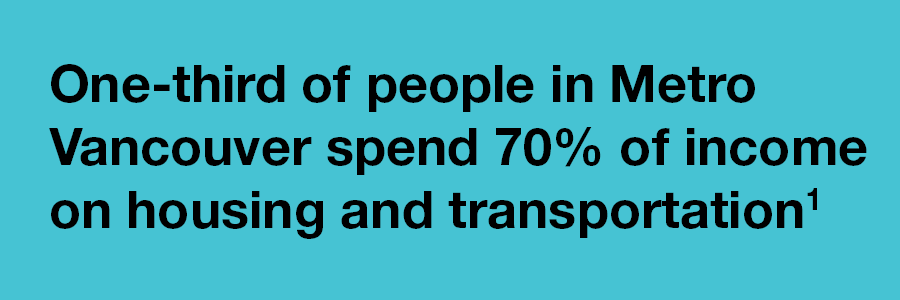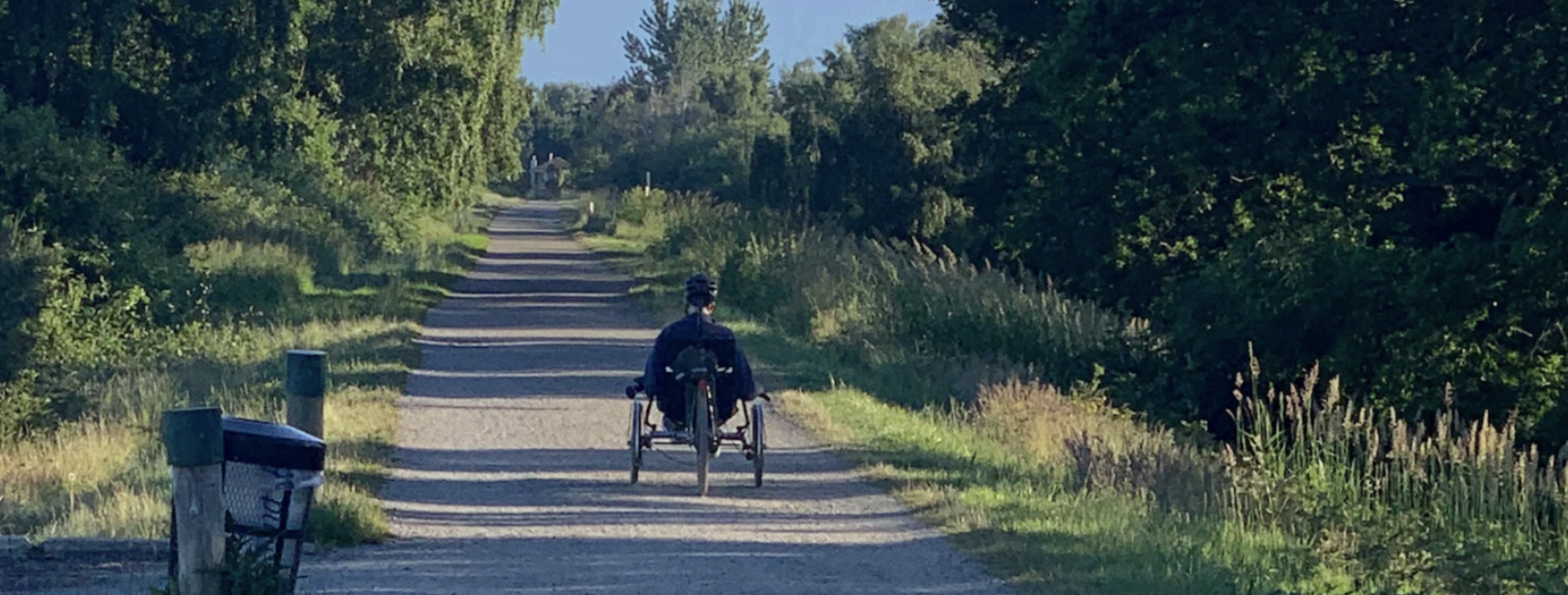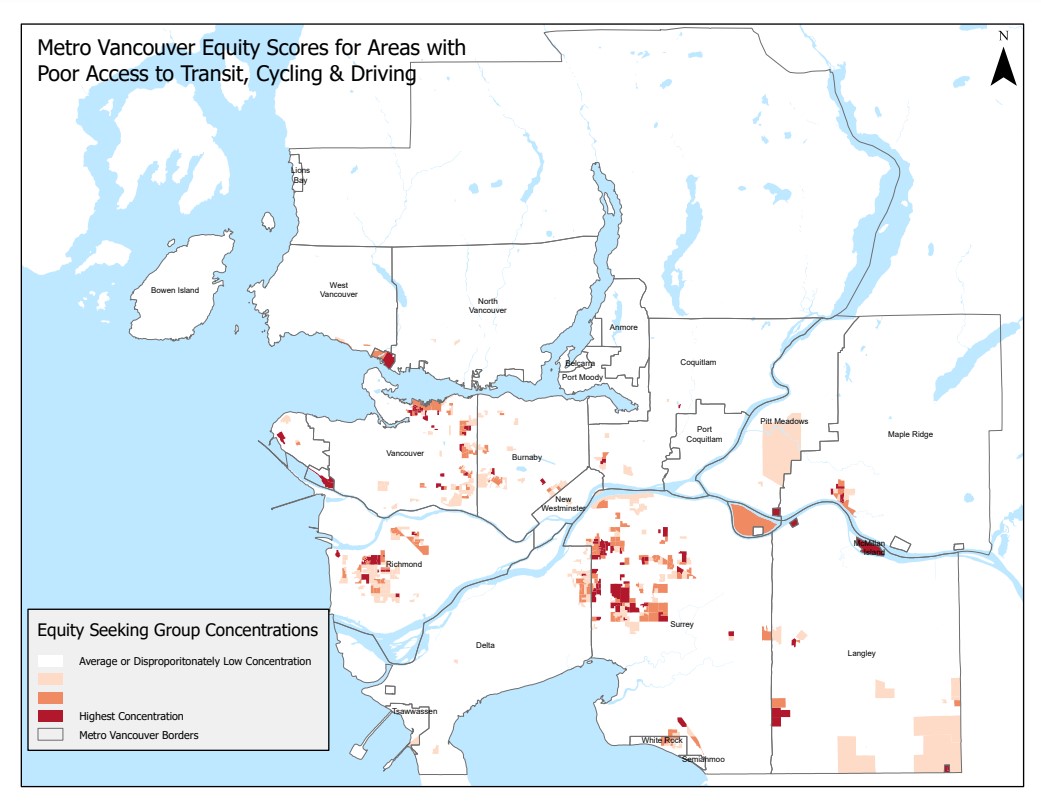Main menu
Pedaling Towards Equity: Analyzing Transportation Access in Metro Vancouver's Cycling Network
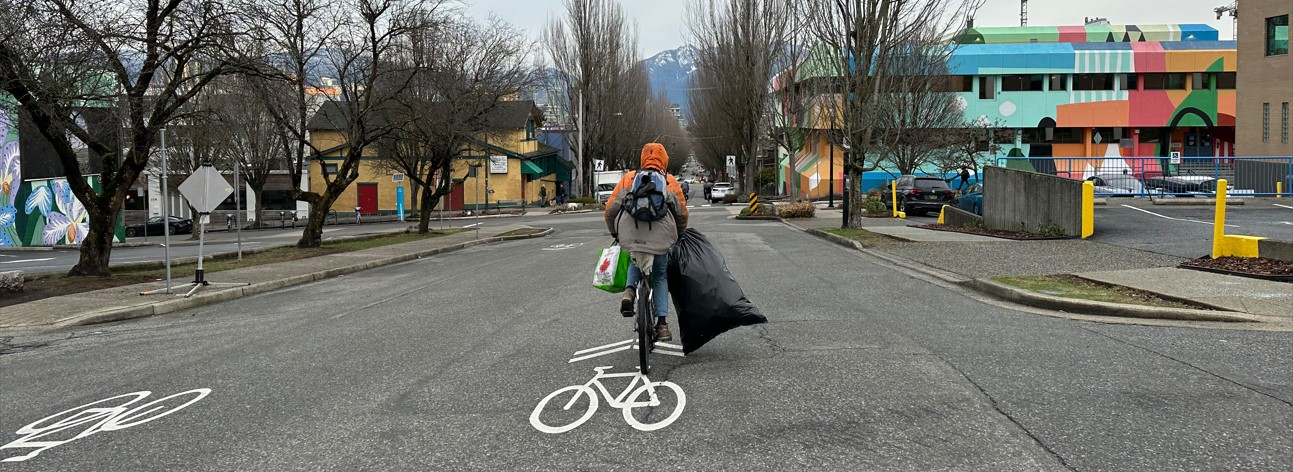
Unlocking Equity in Metro Vancouver's Cycling Network
![]()
Download the Full Report (PDF)
Cycling has gained recognition as an effective means of improving health outcomes, reducing greenhouse gas emissions, and providing economic benefits to individuals and society. It offers numerous health benefits, including physical, mental, and social well-being, and can reduce healthcare costs. Furthermore, cycling contributes to environmental sustainability by reducing reliance on fossil fuel-burning modes of transportation. Economically, cycling is an affordable mode of transportation that stimulates the local economy and creates more jobs per dollar spent compared to automobile roads.
However, transportation inequities persist in Metro Vancouver, posing challenges for the region's residents. The high cost of living and low-income rates makes living in Metro Vancouver increasingly unaffordable for many households, leaving them with limited transportation options and an increasing reliance on personal vehicles. This exacerbates existing transportation inequalities. Moreover, motor vehicle transportation investments often lead to gentrification and displacement of vulnerable populations. Integrating equity considerations into cycle network planning to address these issues is crucial.
This report examines the current state of cycling infrastructure in Metro Vancouver, identifies areas of inequity, and provides recommendations for improving access to quality cycling infrastructure.

"Given the income inequality divide and affordability crisis that currently impacts many individuals and families in Metro Vancouver, centring equity-deserving groups in transportation planning is critical, said Rowan Burdge, Provincial Director of the BC Poverty Reduction Coalition. This report puts forth excellent recommendations on how to do so, that decision-makers, planners, and other transportation stakeholders need to consider and adopt. From a poverty-reduction standpoint, building public systems and infrastructures that centre the living experiences of marginalized groups and address existing disparities is essential."
Rowan Burdge, Provincial Director, BC Poverty Reduction Coalition
Join the Conversation: We invite you to explore the full report to delve deeper into the findings and recommendations.
Share your thoughts, experiences, and ideas on how we can unlock equity in Metro Vancouver's cycling network on Bluesky, LinkedIn, and Facebook.
Together, we can create a transportation system that is accessible, equitable, and sustainable for all.

Key Statistics
The average cost of owning and maintaining a car in Canada is $9,500 per year, while the average cost of owning and maintaining a bicycle is $300/year.2,3
Public transportation passes are an average of $940 per year but come with limitations for those that live in areas without nearby or frequent transit options.4

Only 46% of the Metro Vancouver cycling network is Comfortable for Most:

Source: State of Cycling

"Cycling infrastructure is key to achieving mobility justice in Metro Vancouver. It benefits not only people cycling but also enables individuals using micro-mobility devices like mobility scooters, which are essential for seniors and people with disabilities, to enjoy independent mobility and actively participate in their communities. I hope that this report will serve as a roadmap for more inclusive infrastructure planning with an equity lens so more and more people can choose to bike or use other means of active transportation."
Pablo Zacarias, Executive Director, Better Environmentally Sound Transportation
Key Takeaways
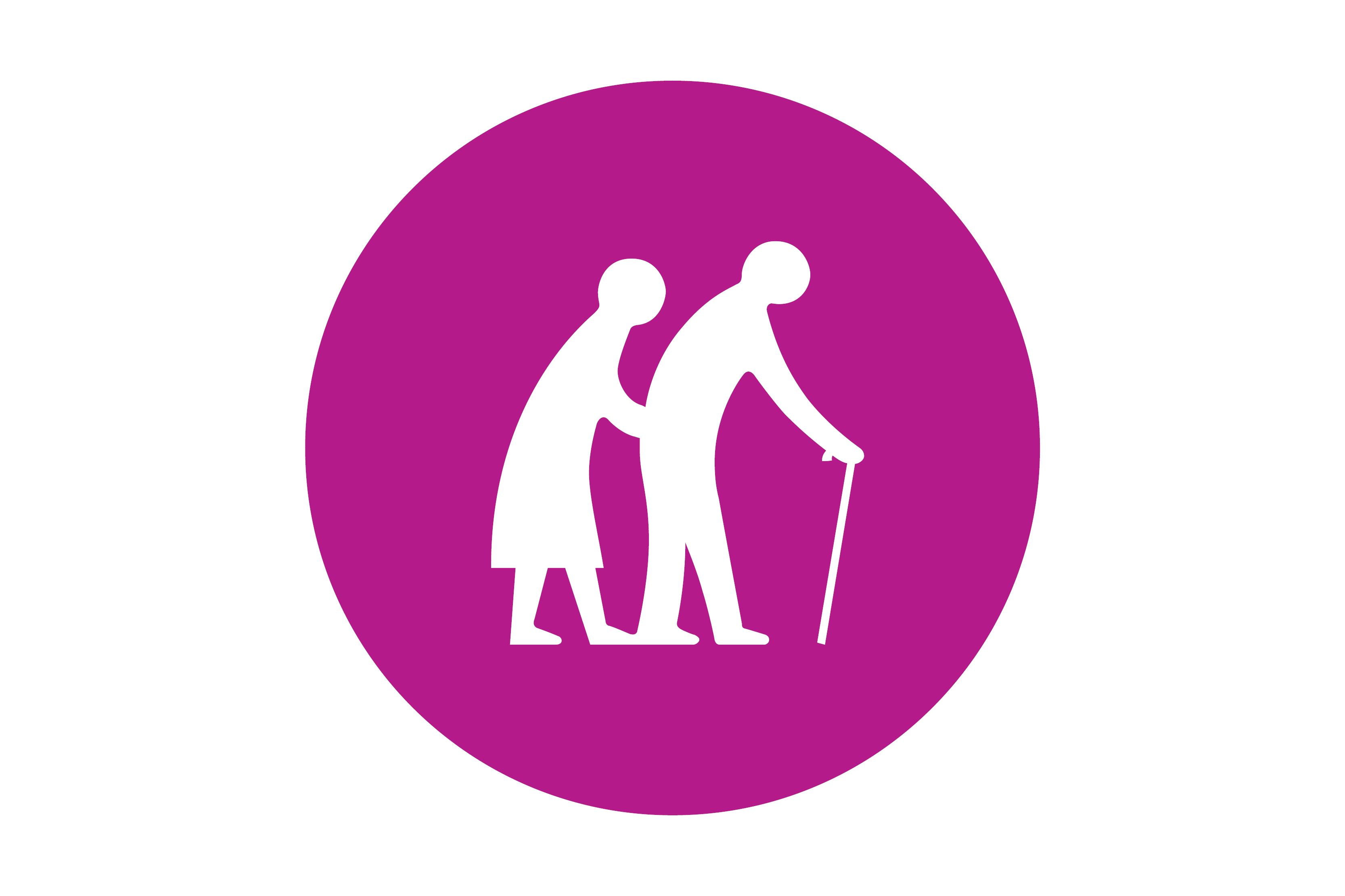
Transportation for Everyone
Cycling has the potential to address transportation inequality by providing a sustainable and affordable mode of transportation for all individuals, regardless of their socioeconomic background or geographical location.
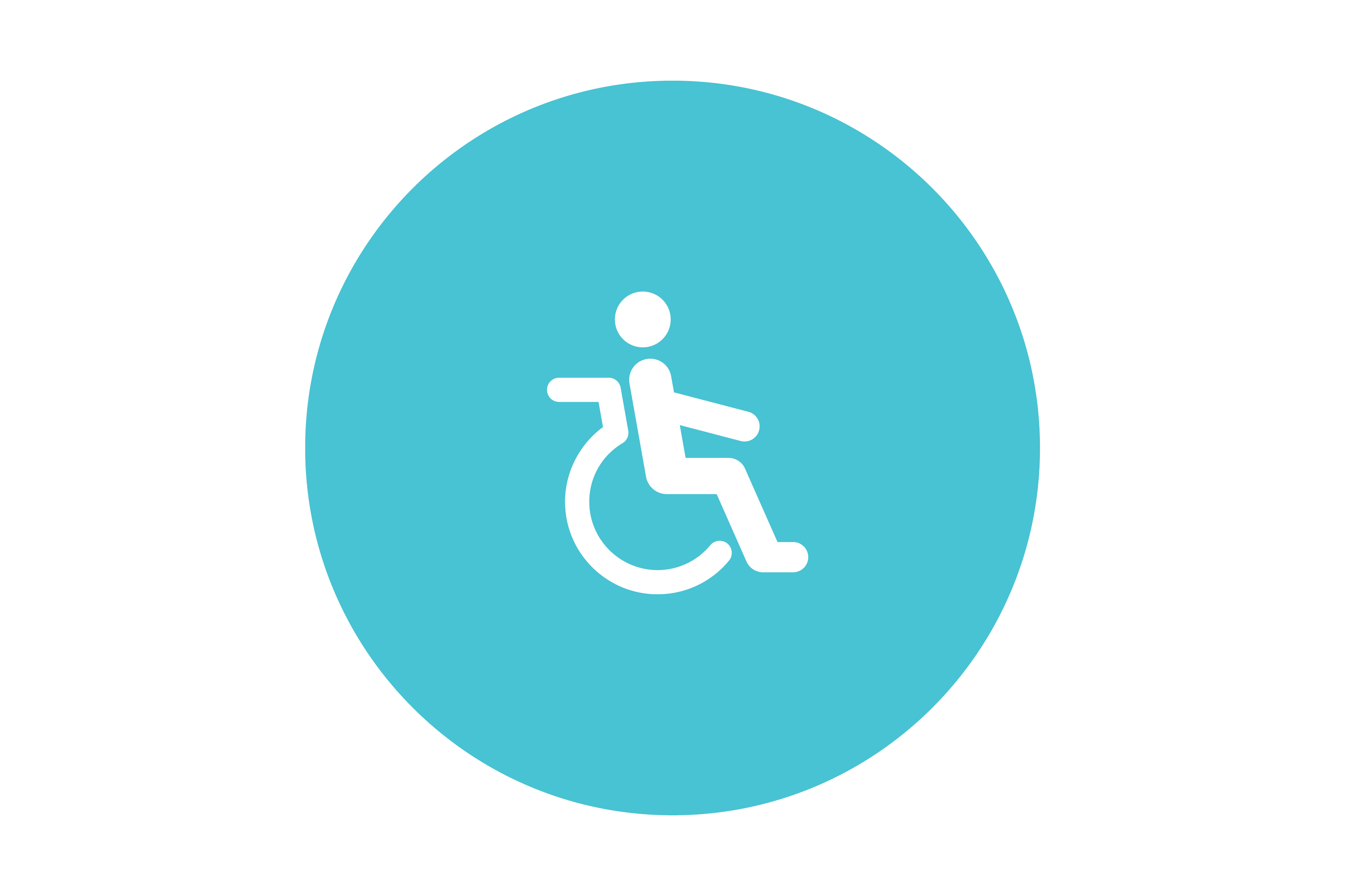
Barriers and Disparities in Access
Certain communities face barriers to accessing cycling infrastructure, such as limited connectivity, inadequate bike paths, and lack of access to bike-sharing programs. These disparities disproportionately affect marginalized groups, including racialized communities, low-income individuals, and Indigenous populations.

Meaningful Engagement
Engaging and empowering vulnerable populations is crucial for understanding their specific transportation needs. Meaningful engagement and power-sharing allow their voices to be included in decision-making, leading to more equitable and inclusive cycling infrastructure.

Connecting Communities
Developing a safe and comfortable regional cycling network is essential. Transportation planners must collaborate with organizations like TransLink to plan, develop, and build high-quality cycling networks that provide fair access to underserved areas. This will enhance connectivity, reduce isolation, and create opportunities for transit-reliant populations.

Infrastructure and Transit Integration
Improving access to transit for underserved areas complements the development of cycling infrastructure. Transit routes should be designed to effectively serve these communities, ensuring affordability, reliability, and access to employment opportunities. Integrating cycling and transit options can create a seamless multimodal transportation system.
HUB Cycling analyzed access to cycling infrastructure, considering social and spatial equity.
- Social equity considers household economics, transit-dependent populations, racial/ethnic minorities, Indigenous populations, and populations with lower education levels.
- Spatial equity was assessed in this research by analyzing vehicle access, transit access, and cycling infrastructure/route access.
The analysis revealed notable disparities in transportation equity across Metro Vancouver. Certain areas showed a disproportionately high concentration of equity-seeking groups with poor transportation access, indicating a need for targeted interventions to improve transportation access and options for these communities.
Chart caption to the right: Areas with the highest concentration of equity-seeking groups that also had limited access to comfortable cycling facilities or transit or vehicle access, denoted in shades of red, across Metro Vancouver
![]()
Download the Full Report (PDF)
Join the Conversation: We invite you to explore the full report to delve deeper into the findings and recommendations.
Share your thoughts, experiences, and ideas on how we can unlock equity in Metro Vancouver's cycling network on Twitter, LinkedIn, and Facebook.
Together, we can create a transportation system that is accessible, equitable, and sustainable for all.
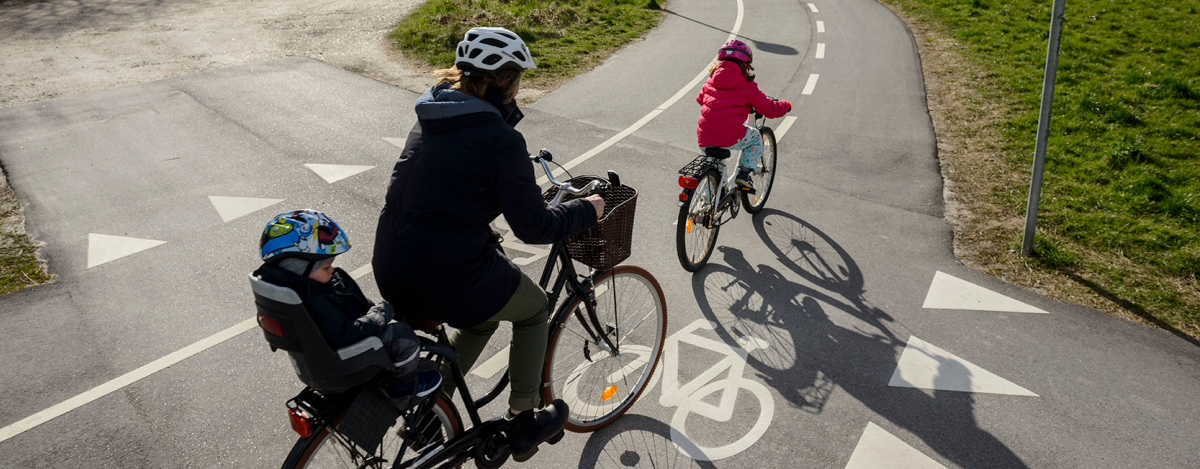
Recommendations
This report recommends increasing investment in cycling infrastructure in areas of inequality, developing a regional strategy for coordinating infrastructure and reviewing existing infrastructure to identify areas for improvement. Community empowerment is also vital to ensuring that decision-making processes are inclusive. By implementing these recommendations, Metro Vancouver can create a more equitable and sustainable transportation system, reduce mortality, strengthen equity-deserving populations in urban and suburban areas, including Indigenous communities, and ensure that all residents of Metro Vancouver have access to quality cycling infrastructure while enjoying the numerous benefits of active transportation.
Adopt an Equity-Informed Design Approach with the design and implementation of cycling infrastructure that is high quality, safe, comfortable for various users, and distributed equitably across the region.
Define Equity Scores and Prioritize Underserved Areas. Develop equity scores considering various demographic factors and prioritize underserved areas to address inequities in bike infrastructure.
Develop and build a safe, comfortable, and equitable regional cycling network while improving access to transit for underserved areas. This entails designing transit routes that effectively serve underserved areas, secure bike parking and other connections for multi-modal users, ensuring affordability and reliability of transit options, and considering access to employment opportunities through transit.
Engage and Empower Vulnerable Populations, including racialized communities, low-income individuals, and women, to understand their specific transportation needs and address the barriers they face.
Incorporate UNDRIP (The United Nations Declaration on the Rights of Indigenous Peoples) in Active Transportation Planning.
Monitor and Evaluate Equity Outcomes: Establish mechanisms for monitoring and regularly evaluating the impact of infrastructure improvements on vulnerable populations to ensure that the intended goals of increased accessibility and equity are being achieved.
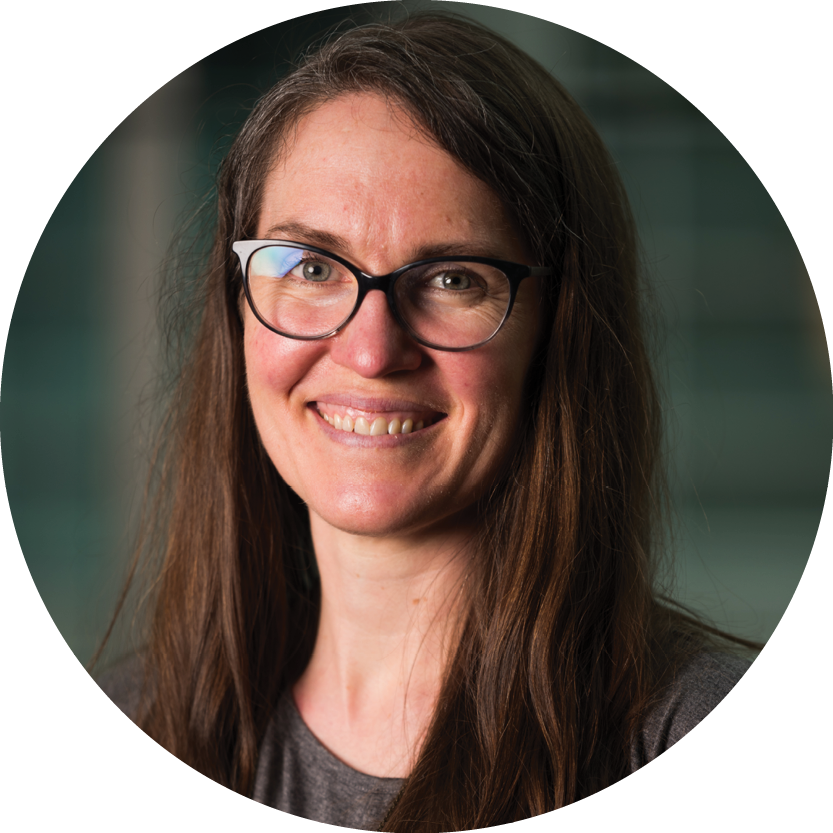
"Our report emphasizes the significant potential of cycling to help bridge the transportation gap and advance social equity. Not only does cycling offer affordability, improved health, and community cohesion, but it also contributes to climate mitigation efforts, making it a multifaceted solution with far-reaching benefits. By enhancing connectivity, promoting active transportation, and providing equal opportunities for all, we can build a more resilient and equitable Metro Vancouver."
Erin O’Melinn, Executive Director, HUB Cycling

Project Team

Evan Hammer
Transportation Planner and Project Manager
Evan is an urban planner with experience in equity-focused projects. His expertise in sustainable transportation encompasses a range of areas, including cyclist route selection, bike sharing, and transportation planning. As the Infrastructure Planning and Policy Manager at HUB Cycling, Evan leads the transformative #UnGapTheMap initiative. Last year, he managed the release of the influential Cycle Highways in Metro Vancouver report. Evan actively engages with local, municipal, and provincial decision-makers, offering feedback on key policy initiatives. He also provides input on significant projects involving cycling facilities. Evan has a Masters of Arts in Planning from UBC.
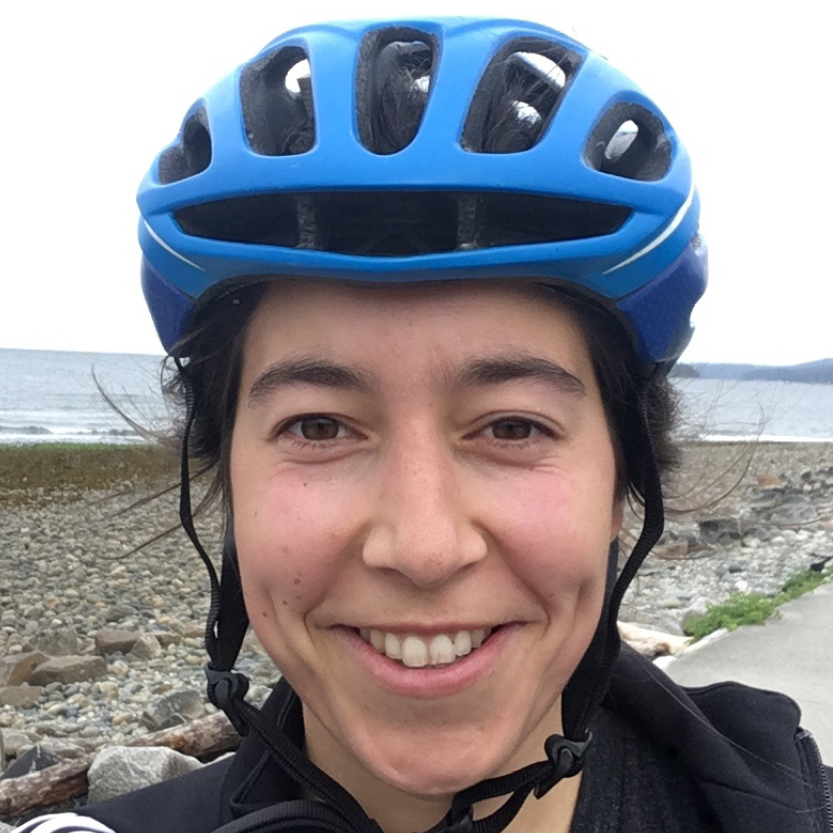
Giovanna Lanius-Pascuzzi
Researcher and Project Assistant
Giovanna recently completed an internship with HUB Cycling, conducting research to advocate for the development of cycle highways across Metro Vancouver as part of her Masters thesis. While pursuing her studies in Bio-Inspired Innovation at Utrecht University, she gained a comprehensive understanding of environmental perspectives and urbanism. Living in the Netherlands has provided firsthand experience of the positive impact of cycling on transportation and the crucial role of infrastructure. Giovanna's interest in cycle infrastructure stems from recognizing the wide-ranging benefits associated with promoting cycling as a mode of transportation.

Cody Gerow
GIS Consultant and Statistical Analyst
Cody is a multi-disciplinarian urban planner with a background in transportation and GIS. Cody has a Bachelors in Human Geography from the University of Alberta and a Masters in Sustainable Urban Planning from HafenCity Universität in Hamburg, Germany. After gaining professional experience in Germany, Denmark and Sweden, Cody moved back to Canada to work for Vancouver Bike Share and the City of Vancouver, focusing on sustainable transportation planning. Cody now provides international GIS consulting and is based in Vienna, Austria.
Acknowledgments
We acknowledge that this report would not have been possible without the collective efforts and collaboration of all those involved.
We are grateful to TransLink for their collaboration and support. The joint efforts between TransLink and HUB Cycling on the Cycle Highways in Metro Vancouver project provided crucial data and insights that enriched the content and recommendations of this report.
We acknowledge the researchers and professionals who have dedicated their time and expertise to studying equity in transportation. Metro Vancouver's Social Equity & Regional Growth project, along with previous work on cycling infrastructure distribution, have deepened our understanding of the persistent disparities and the need for equitable planning practices.
We want to extend our special thanks to the Cycle Highway Working Group for their invaluable contributions to developing the equity elements during the cycle highway project. Their feedback and insights have been instrumental in shaping the foundation of this report on transportation equity. Working Group members included Geneviève Bowers, Navdeep Chhina, Gavin Davidson, Lisa Josephson, Paul Kennedy, Erin O'Melinn, and Alex Taciuk.
Thank you for your contributions and commitment to promoting equity in transportation planning in Metro Vancouver.
1 TransLink: Transport 2050: Regional Transportation Strategy. Published 2022.
2 Canadian Automobile Association: This Simple App Reveals the True Cost of Car Ownership. Published 2018.
3 Victoria Transport Policy Institute: Transportation Cost Estimates. Published 2022.
4 Global News: Own a car? You won’t believe how much that’s costing you every year. Published 2021.

